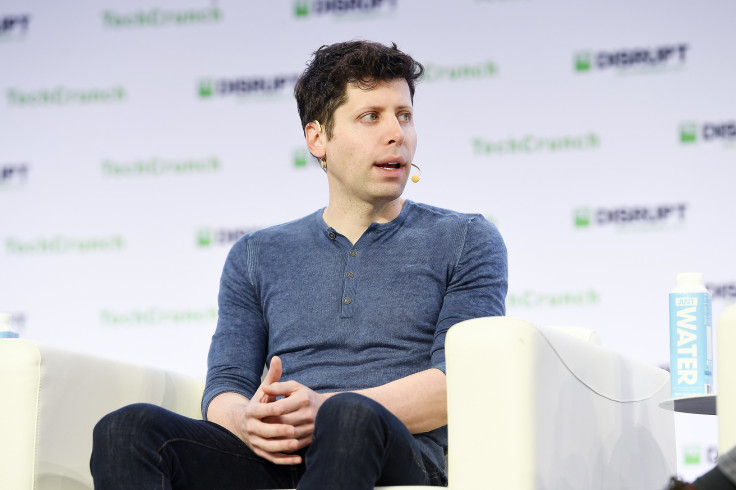Sam Altman Project to Engineer Disease-Free Babies Raises Urgent Ethical Fears
Sam Altman's gene-editing baby project sparks major ethical concerns.

Sam Altman is backing a bold gene-editing venture that could one day create embryos free from hereditary disease—and bioethicists are sounding the alarm.
Ambitious Vision, Deep Concerns
OpenAI CEO Sam Altman, together with his husband Oliver Mulherin, is financially supporting a startup called Preventive, which seeks to use gene editing to eliminate severe genetic conditions in embryos. According to a published article, the company has already raised US$30 million and is headquartered in San Francisco.
The same report hinted that Preventive's goal is to 'correct devastating genetic conditions' before birth. But critics warn this raises profound ethical dilemmas, especially since editing human embryos is currently illegal in the US, the UK, and many other countries.
Where Could This Research Happen?
According to reports in The Independent and corroborated by others, Preventive has explored conducting its early-stage work in nations with more permissive regulation.
Media outlets, including The Wall Street Journal, suggest the startup has considered the United Arab Emirates as a possible location for its research.
This overseas ambition highlights the risk of regulatory arbitrage, where companies relocate to jurisdictions that permit more contentious science, raising concerns about oversight, safety, and global governance.
Why Altman and His Husband Are Involved
Oliver Mulherin, Altman's spouse, is said to be driving their investment. He told The Independent that he 'chose to invest in Preventive because I care about research that helps people avoid disease.'
Altman supports him fully, according to those close to the project.
Another major backer is Brian Armstrong, CEO of Coinbase, who has argued that foundational research is key.
He is quoted by The Independent as saying, 'More than 300 million people globally live with genetic disease ... It is far easier to correct a smaller number of cells before disease progression occurs, such as in an embryo.'
Scientific and Ethical Red Flags
While Preventive frames its work as a public-benefit endeavour, experts remain deeply uneasy.
The Hindustan Times cites Fyodor Urnov of the Innovative Genomics Institute, who warns, 'They are either lying, delusional, or both...working on 'baby improvement.'
One of the core issues is uncertainty: scientists still do not fully understand how complex genes interact, and any edits made in embryos could be passed down to future generations, including unexpected and potentially harmful side effects.
A Troubling Precedent
The timing of Preventive's work brings to mind past controversies. In 2018, a Chinese scientist was jailed for illegally creating gene-edited babies—a stark reminder that the ethics of human embryo editing are far from settled.
Today, Preventive says it is not rushing into implantation. In fact, its founder, Lucas Harrington, has told media the mission is limited to preclinical, proof-of-safety research: 'We are not trying to rush things...we will publish our findings, whether positive or negative, before considering any potential clinical trials.'
Human Stakes—Not Just Science
The human dimension of this debate is stark. The promise of eradicating hereditary diseases could bring relief to families burdened by devastating conditions.
Yet the very act of editing embryos raises questions about consent, long-term effects, and who gets to decide what constitutes a 'healthy' or 'desirable' child.
Critics argue that even with the best intentions—preventing disease—this path could open the door to a new form of genetic inequality or, worse, a slippery slope toward designer babies.
The Bigger Picture
Preventive is structured as a public-benefit corporation, suggesting that its founders intend for it to have a societal impact, not just profit. Its charter emphasises the 'responsible advancement' of genome-editing technologies before birth.
Altman himself, having recently become a father via surrogacy, may be personally invested in the moral dimensions of bringing new life into the world.
But whether that personal stake offsets the ethical pitfalls is a question that experts believe deserves broad public debate; ideally, before any gene-edited child is born.
Bottom line
Sam Altman's investment in Preventive could mark a major turning point in biotechnology. If successful, it offers unprecedented hope for families at risk of hereditary disease.
However, the risks—ethical, societal, and scientific—remain profound, making this not just a scientific issue, but a moral one as well.
© Copyright IBTimes 2025. All rights reserved.





















